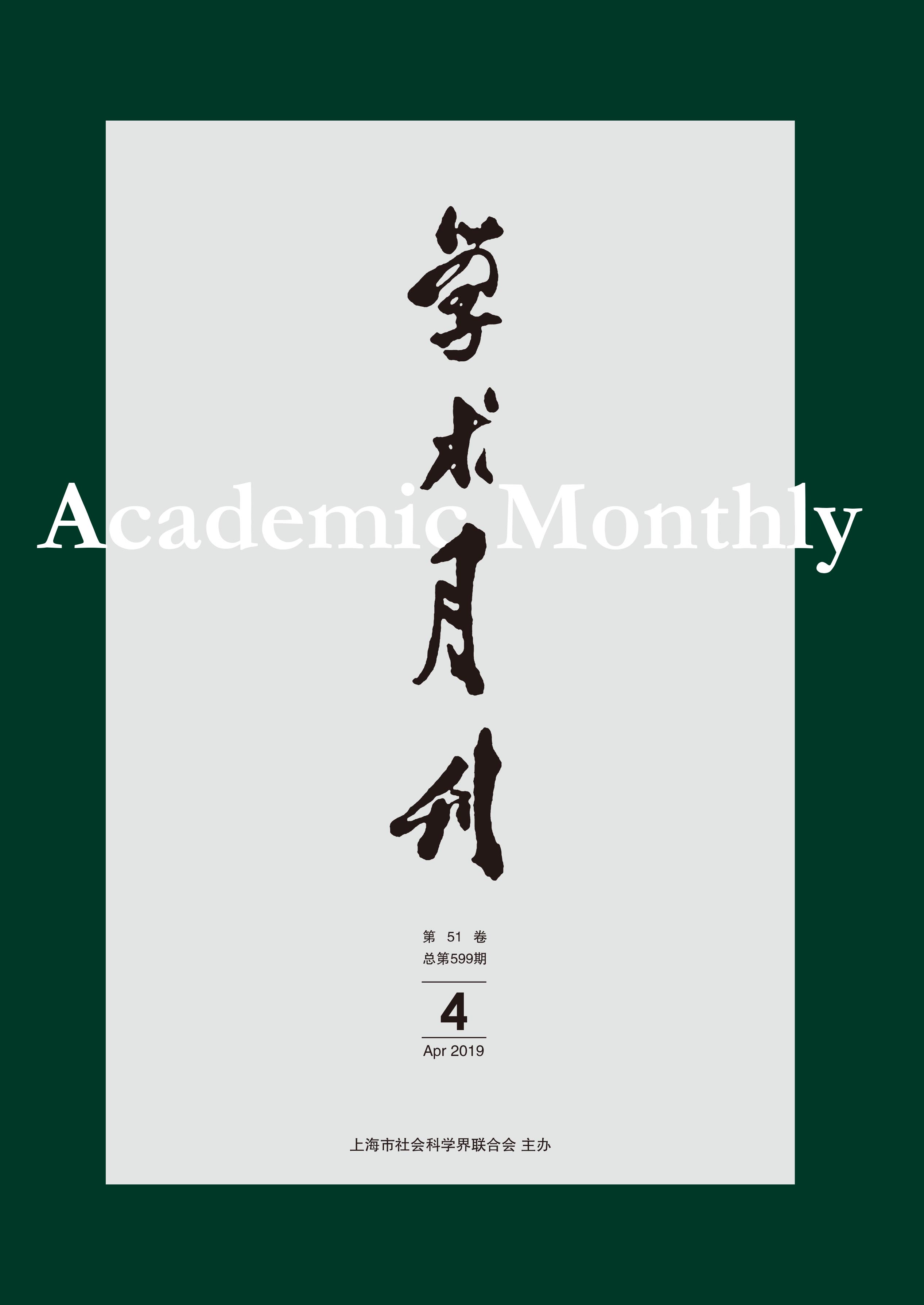Citation:
Ling ZHAN. The Transformation of Chinese Science Fiction from the Perspective of Enlightenment[J]. Academic Monthly, 2019, 51(4): 128-138.

The Transformation of Chinese Science Fiction from the Perspective of Enlightenment
-
Abstract
Chinese science fiction novels in the 20th century present some defects such as the narrowing of the scientific view, the lack of scientific aesthetics and the limited space of humanistic philosophy, which stems from the use of science fiction as a tool for the enlightenment of the nation-state and the social reality of the pre-industrial era. In the 1980s and 1990s, the " human science” trend centered on science and technology, the new century publishing platform and the possession of writers’ conditions have contributed to the emergence of the new quality of Chinese science fiction in the new century. The performance is as follows: First, it has opened up the unfinished industrial modernity enlightenment road of mainstream literature, deepened the thinking of modernity, constructed a new aesthetic dimension of technical poetics and a new historical dimension with science and technology as the axis, forming a unique " Chinese identity”. Second, the new value system of post-modern social enlightenment and secular hedonism. Due to the long-term estrangement between mainstream literature and science fiction, it is difficult to form an enlightenment thinking on science fiction, which is complementary to the mainstream literary enlightenment. There is a long way to go to establish the literary value and status of science fiction.
-

-
References
-
Access
-
-
[1]
Ying XIA
. On the Bi-attributes of Enlightenment Philosophy and Marx’s Liberation Logic. Academic Monthly,
2021, 53(10): 17-29.
-
[2]
Kangzhi ZHANG
. The Predicament of Emancipation and A New Starting of Historical Choice. Academic Monthly,
2019, 51(9): 70-81.
-
[3]
,
,
. . Academic Monthly,
2023, 55(4): 209-216.
-
[4]
Zuhui HUANG
, Weibin HU
. The Evolutionary Tract and Prospect of Chinese Migrant Workers. Academic Monthly,
2019, 51(3): 48-55.
-
[5]
Ming LU
. For Long-term, Overall and Multidimensional Development: The Political Economy of China Road. Academic Monthly,
2022, 54(3): 58-71, 109.
-
[6]
GUO Liandong
. Global Translations for Genre Fictions —— Taking Crime Fictions, Web Fictions, and Science Fictions as Examples. Academic Monthly,
2023, 55(11): 160-168.
-
[7]
NIE Minli
. Kant and Foucault: The Misread “Enlightenment” and Its Postmodern Intellectual Effects. Academic Monthly,
2023, 55(9): 14-21.
-
[8]
. . Academic Monthly,
2018, 50(01): 30-45.
-
[9]
. . Academic Monthly,
2016, 48(08): 40-51.
-
[10]
SUN Xiangchen
. Why and How to Return Family:The Redemption of Modernity. Academic Monthly,
2024, 56(3): 20-36.
-
[11]
Fengyang ZHANG
. The Linguistic Approach in the Study of Modernity. Academic Monthly,
2018, 50(12): 52-63.
-
[12]
. . Academic Monthly,
2016, 48(05): 56-62.
-
[13]
. . Academic Monthly,
2016, 48(07): 31-37.
-
[14]
Jianhua CHEN
. Commodity, Family and Global Modernity. Academic Monthly,
2020, 52(7): 135-145.
-
[15]
Da’an HE
. Stages and Conditions of the Enterprise Digital Transformation. Academic Monthly,
2022, 54(4): 38-49.
-
[16]
YAN Haiping
. Mutual Trans-writings and Generative Modernity. Academic Monthly,
2023, 55(11): 146-159.
-
[17]
. . Academic Monthly,
2017, 49(11): 120-184.
-
[18]
. . Academic Monthly,
2016, 48(09): 140-148.
-
[19]
Guowei SHEN
. Consistency of Spoken and Written Language: On the Modernity of Modern Chinese from the Perspective of Vocabulary. Academic Monthly,
2021, 53(12): 195-205.
-
[20]
. . Academic Monthly,
2016, 48(08): 113-123.
-
-



 沪公网安备 31010102003103号
沪公网安备 31010102003103号 DownLoad:
DownLoad: